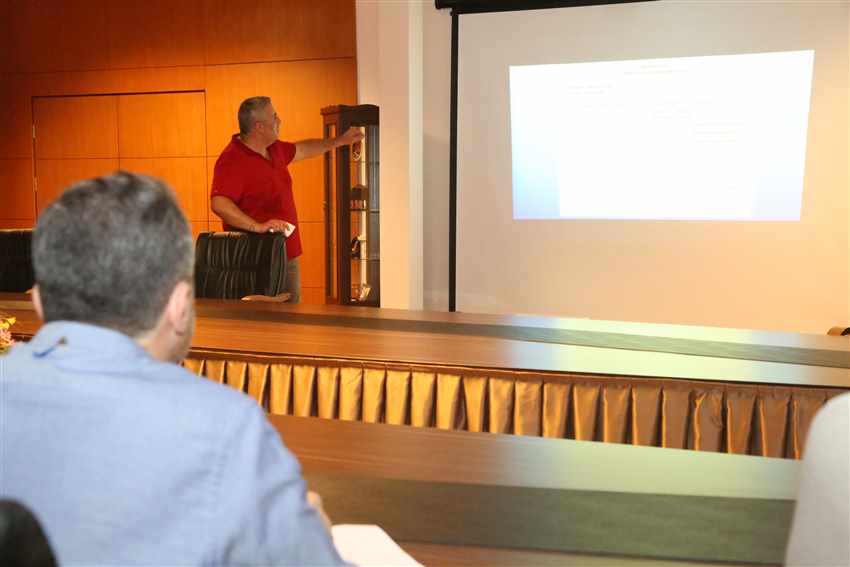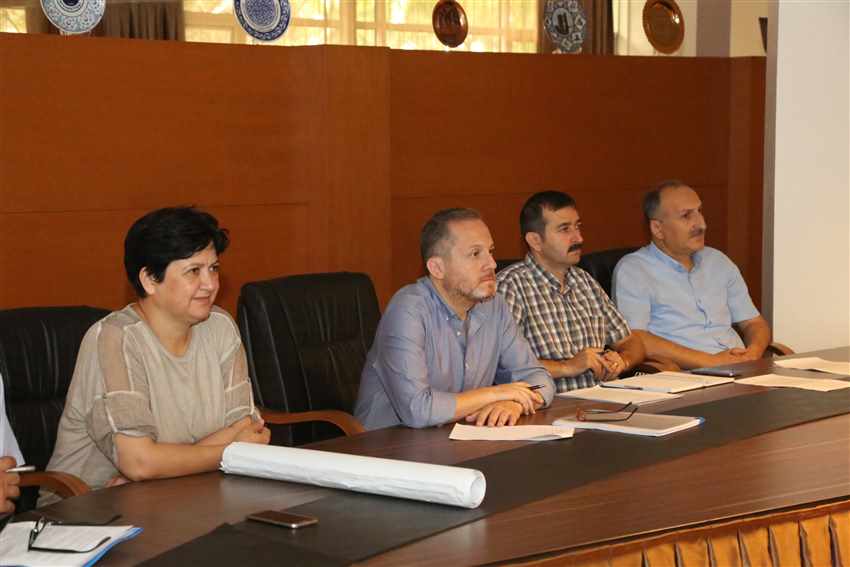Our University Accelerated The Institutional Memory
.jpg)
Our University Accelerated The Institutional Memory
Rector Prof. Dr. Tarık Yarılgaç participated in the meeting on archival management. The efforts of the university to record and archive information, documents, files and documents for both the past and the future were accelerated.
As at every institution, a large number of documents are produced every year in our university, and document systems require some systematic arrangements as institutions grow. Ordu University has been continuing its development since the year it was founded and it is especially important to record the vast number of works performed. In this context, it is planned to establish the records of those of who, when, how and where the works done with by the Corporate Archive Directorate, which is planned to be established within the Library and Documentation Department, and to strengthen the institutional memory by recording the information and documents of Ordu University.
Archive Accumulation Will Be Digitalized
Ordu University, which has passed the EDMS (Electronic Document Management System) application and exchanges information quickly among all its members in digital environment, will record the institutional historical background by the help of digital archive programming applications which are accepted as original and reliable information sources providing internal and external communication.
Access to documentation and archive services will be made even easier thanks to the Corporate Archive System, which will collect, store, protect and distribute all the academic and administrative experiences of our university from past to present in accordance with standard filing plans in digital environment.
Rector Yarılgaç, "Corporate memory builds the corporate identity on strong bases. "
Rector Professor, Dr. Tarık Yarılgaç, who stated that the recording of all information and documents in an institution will strengthen the institutional memory added: "Information permanence and future usability depends on the storage of that information. If you formulate an institutional memory with digital techniques in a way that meets the needs of the time, you will build your corporate identity on a strong foundation. Recording the information and documents carrying the traces of the experiences of the institutions since their establishment will serve as a guide in the studies carried out on a prospective basis. Thereby, corporate memory is a compendium of what an institution is doing and a pathfinder of what steps it will take in the future. As Ordu University, we will record our institutional history with digital methods by accelerating the efforts to place our corporate memory on a solid foundation. By this way, We will have benefited from our past achievements while we take our steps towards the future.”

